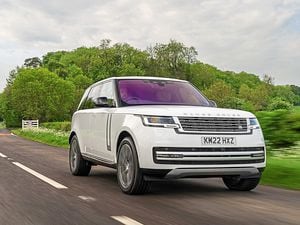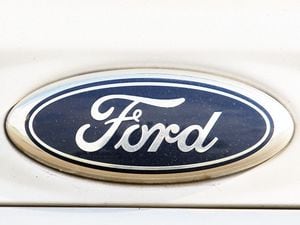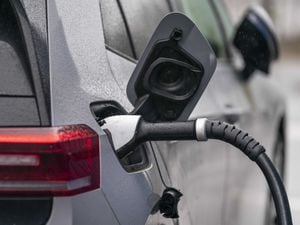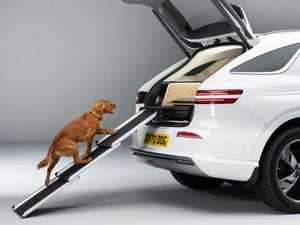Renault’s Zoe given zero stars in latest Euro NCAP safety tests
Compact electric car was slammed by testers.

Renault’s electric Zoe has been hit with a zero-star score in the latest round of Euro NCAP safety tests.
First launched in 2013 and refreshed in 2020, the Zoe has been a popular choice in the EV segment, offering 245 miles of range and a speedy charging time. However, Euro NCAP’s safety testers noted that the facelifted version received upgrades to its battery, but no changes to its safety equipment.
The seat-mounted side airbag, for example, was replaced by a ‘less effective’ thorax-only airbag and it was this – combined with other aspects – which caused testers to state that it offers ‘poor protection in crashes overall, poor vulnerable road user protection and lacks meaningful crash avoidance technology’. As a result, it scored zero stars.
Renault’s sub-brand Dacia didn’t do much better, either. The electric Spring, which is rumoured to arrive in the UK next year, only scored a single star with its crash tests branded ‘downright problematic’, with a ‘high risk of life-threatening injuries for driver chest and rear passenger head in front crash tests’.
Michiel van Ratingen, secretary general of Euro NCAP, said: “Renault was once synonymous with safety. The Laguna was the first car to get five stars, back in 2001. But these disappointing results for the Zoe and the Dacia Spring show that safety has now become collateral damage in the group’s transition to electric cars. Only a few months ago, Dacia claimed that they were ‘preoccupied with always increasing safety for those on board’ and that their cars always have improved passenger safety.
“That’s clearly not the case: not only do these cars fail to offer any appreciable active safety as standard, but their occupant protection is also worse than any vehicle we have seen in many years. It is cynical to offer the consumer an affordable green car if it comes at the price of higher injury risk in the event of an accident.”
In a statement, Renault said: “Renault takes note of the results published by EuroNCAP following specific tests on Zoe E-Tech Electric according to its new protocol implemented in 2020.
“Renault reaffirms that Zoe E-Tech Electric is a safe vehicle, which complies with all regulatory safety standards. These standards are constantly evolving and are becoming more stringent in all domains, especially in safety. Renault therefore continually improves its offer in order to comply with the regulations applicable where its vehicles are sold.
“Zoe was launched in 2013 and received 5 stars with EuroNCAP protocol at that time. The EuroNCAP protocol has since 2013 undergone five changes. With the same equipment, a model can lose up to two stars in each protocol change.
“The evolution of the current Zoe was decided in 2017 adapting the passive safety equipment to real accidentology and updating the car with state of the art ADAS equipment such as Advanced Emergency Braking with Pedestrian and Cyclist Detection, Lane Departure Alert and Lane Keeping Assist, using a radar and a camera.”
There were some five-star scorers, however. BMW’s new iX flagship electric car scored a full five stars, while it was also top marks for Genesis’ G70 and GV70 models. The new Mercedes-EQ EQS also claimed full marks, as did the Skoda Fabia and new Volkswagen Caddy.





